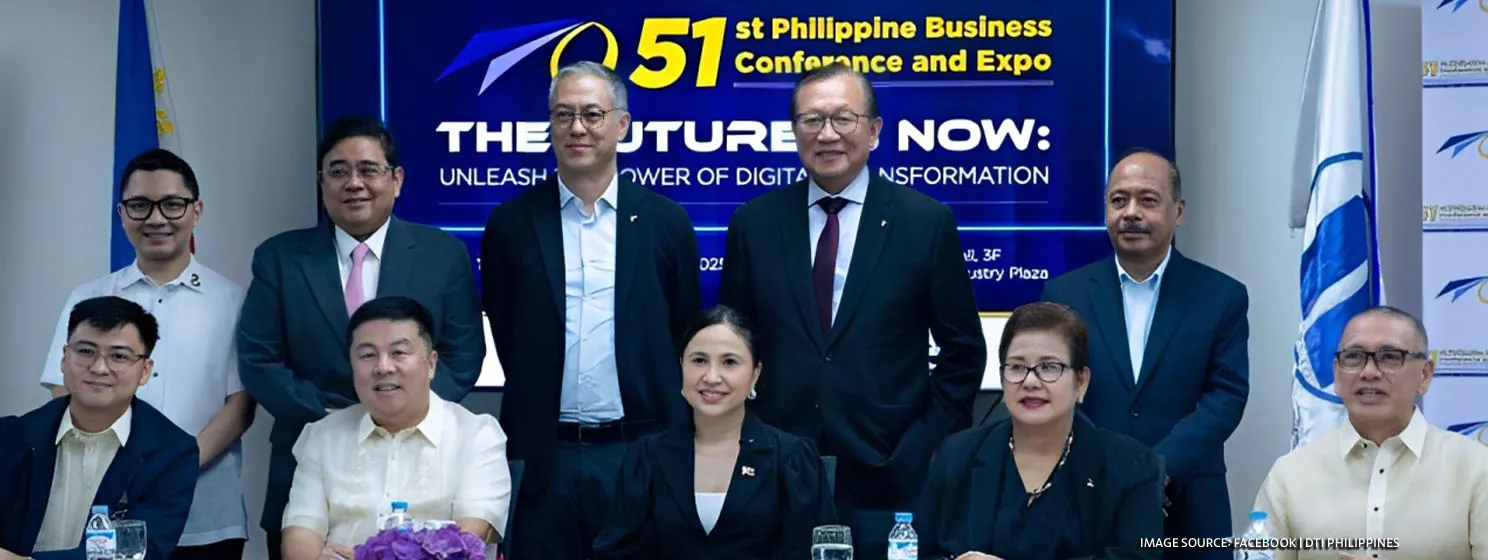|
Getting your Trinity Audio player ready...
|
Mumbai, India’s financial capital and one of the world’s most densely populated cities, has announced a metaverse initiative to showcase its infrastructure development projects expected to transform its landscape over the next few years.
Mumbai Metropolis Metaverse is a free-to-explore platform where visitors can access several infrastructure development projects through virtual reality (VR) and in 3D. Progress of these initiatives can be viewed on the website as well as through Google Play and Apple app stores. On the platform, users can filter projects based on their desired outcome, like fuel-saving, time-saving, quality of life, carbon neutrality, and clean air.
“Dear Mumbaikars and lovers of Mumbai. Just click on these links to see how Mumbai is all set to transform within next few years, rather within few months! Come, join this once-in-a-lifetime journey called ‘Transformation’! Mumbai Metropolis Metaverse!” Devendra Fadnavis, the deputy chief minister of the western Indian state of Maharashtra, announced on X.
Mumbai, which is also India’s most expensive city to live in, is currently building several revamp projects, including a key bridge, large road projects, and underground and undersea tunnels. These developments are expected to reduce traffic congestion and pollution while improving connectivity for about 22 million people who live and work in the city.
On February 1, Finance Minister Nirmala Sitharaman, in her last budget before elections,
announced plans to spend about $134 billion on infrastructure projects in 2024-25 to boost economic growth. The federal government would allocate 3.86 trillion rupees ($46.5 billion) to provincial governments for spending on infrastructure in 2024-25. This is significant as India is widely expected to become the third-largest economy by 2027, overtaking Japan and Germany. Infrastructure development is also crucial for India as it aims to be a developed nation by 2047.
“India has a population that is young, digitally connected, and ready for the metaverse. It is demographically well-positioned to contribute digital labor to the metaverse, especially since it is already a go-to destination for IT offshoring globally and is evolving rapidly into a product development hub,” a Deloitte report read.
“However, to reap the full benefits, existing challenges such as technology equity will first need to be addressed so that the full potential of the metaverse can be harnessed in India. India will have to encourage its technologically advanced population to enter the metaverse while ensuring that such progress includes all economic and social groups.”
The global metaverse market size is expected to grow at a compound annual growth rate (CAGR) of 41.6% from 2023 to 2030, from an estimated $65.5 billion in 2022, according to a report by Grand View Research.
“The market is being driven by the government’s support and ambition to leverage the metaverse’s potential to improve the effectiveness and standard of public services and strengthen cooperation between market players and federal government agencies,” the report stated.
Indian businesses adopt metaverse
In India, the metaverse is likely to be a $1.1 trillion market by 2032 despite challenges and roadblocks, according to Global Talent Exchange, a global tech recruitment platform.
“India has a rich cultural heritage and strong tradition and spirit of innovation, making it well-positioned to take advantage of the prospects that the metaverse presents,” it read.
India’s leading utility vehicle manufacturer, Mahindra & Mahindra (NASDAQ: MAHMF), has announced XUV400verse, its metaverse platform for the all-electric XUV400. Powered by Metadome.ai, the company’s metaverse initiative is aimed at offering a unique customer experience filled with photorealistic graphics.
“The XUV400verse will enable us to create a superior customer experience. We are providing an environment that resonates with our next generation of tech-savvy customers, offering them an innovative and immersive experience,” Veejay Nakra, President – Automotive Sector, Mahindra & Mahindra Ltd., said in a statement.
Likewise, Mahindra Lifespace Developers Limited (MLDL), the real estate and infrastructure development arm of the Mahindra Group, has introduced home-buying experience on the metaverse.
India’s leading passenger car manufacturer, Maruti Suzuki, introduced ArenaVerse, a metaverse initiative for Maruti’s Arena showroom network, to provide users with a virtual experience with Maruti Suzuki vehicles. ArenaVerse is Maruti’s second metaverse initiative after NexaVerse, which was introduced for its Nexa chain of dealerships.
Jewelry brand Tanishq announced a metaverse-based virtual launch for its bridal jewelry collection.
“As with any emerging technology, the cybersecurity risk and compliance challenges are an evolving field. It is important for companies that are active in the metaverse, or plan to be so in the near future, to ensure they embed privacy in their systems and assess their company’s unique metaverse risk-mitigation needs,” said a PwC India survey.
Watch: Fast growing economy India jumps on the blockchain train

 08-20-2025
08-20-2025 





